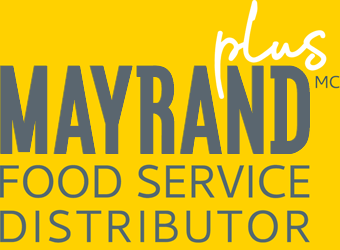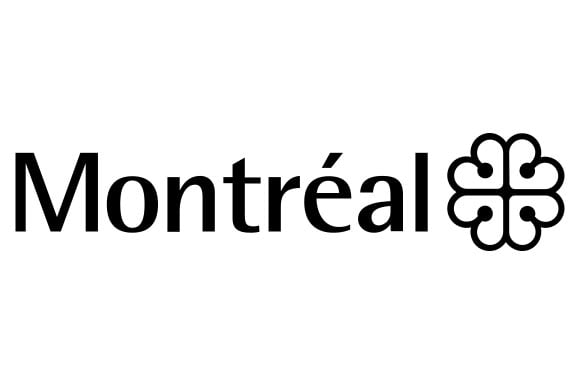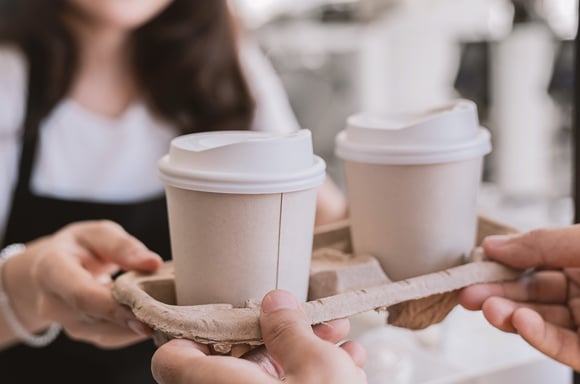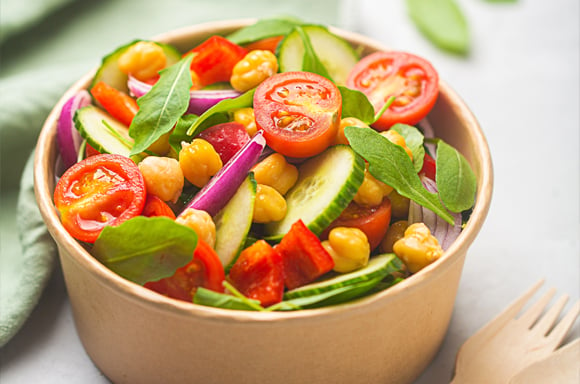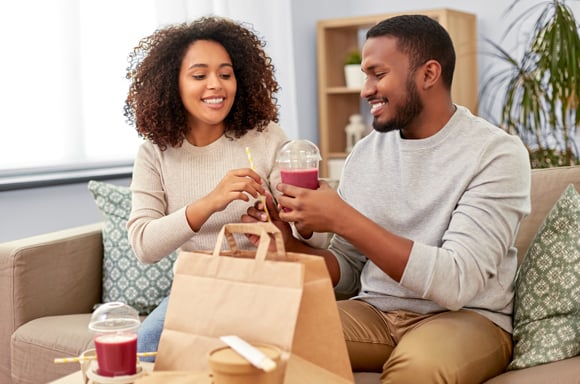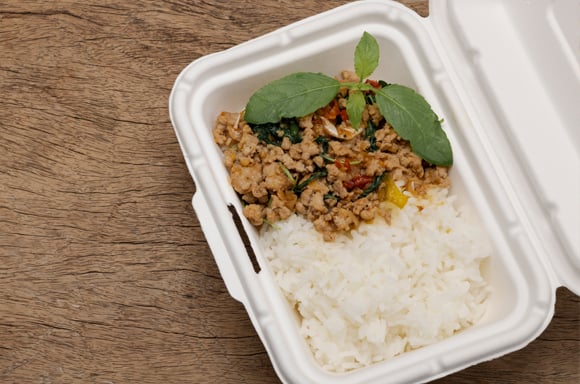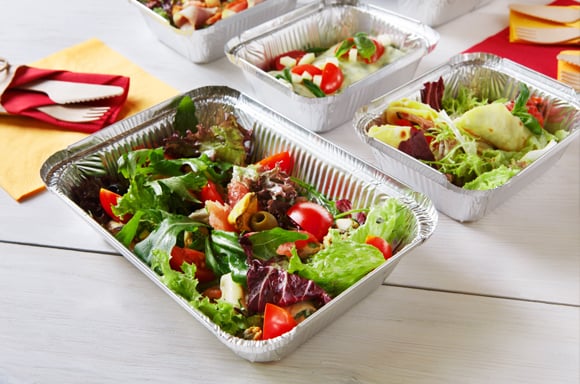100% Quebec Company
Go green, starting with your take-out business
Mayrand Plus supports you through your eco-friendly transition
Our account managers and customer service team can advise you and help you choose the right containers and packaging for your operations that comply with new regulations, including those of the municipality of Montreal.
Change takes time
In an effort to reduce society's ecological footprint, the Canadian, Quebec and municipal governments are working together to develop new rules and regulations. The foodservice and food industry must adapt to the regulation banning single-use plastics quickly.
*Source: Government of Canada
Understanding the City of Montreal's new regulations
Tuesday, March 28, 2023, marks the ban on the distribution of various single-use plastic items in Montreal food stores and restaurants, whether for on-site consumption, take-out or delivery.
For take-out and on-site sales, prohibited products include:
- Items of any plastic types #1 to #7: cups, sticks and straws
- Other polystyrene plastic #6 or compostable #7 items: plates, containers, lids, trays (except those used for raw meat and fish), take-out or delivery utensils.
Bans do not apply to:
- Non-profit food assistance organizations
- Establishments that only provide home delivery service
- Foods pre-packaged outside the establishment
- Plastic-coated cups and cardboard containers (whether compostable or not)
Photo credits: City of Montreal
Guide to eco-friendly packaging, made available by Mayrand Plus
All about the waste management and reutilization lexicon
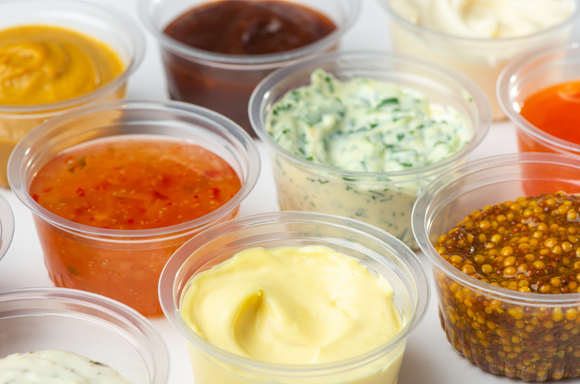
Recyclable
Once used, a recyclable product can be recovered, reintroduced into the production cycle and used to manufacture new products
Understanding available materials
Bagasse: Residual material from the extraction of sugar cane juice. It resembles paper and can be transformed into different types of packaging like re-sealable containers or utensils
Aluminum: Used for its insulating properties and resistance to high temperatures, this material is both practical and recyclable.
Cardboard, pulp or paper: Be it paper packaging, flat cardboard, corrugated cardboard or kraft paper bags, all products made from wood cellulose are recyclable.
PLA: Also called Polylactic Acid, this vegetable plastic made from corn starch is widely used in the manufacturing of glass as its insulating properties are ideal for hot drinks.
The seven plastic families
Plastic is a product derived from petroleum. There are seven families of plastics with different uses and recyclability rates.
| PET #1: Polyethylene terephthalate, a strong and flexible plastic
Good recyclability |
HDPE #2: High-density polyethylene, plastic widely used in the food industry Good recyclability |
PVC #3: Polyvinyl chloride, flexible plastic Low recyclability |
LDPE #4: Low-density polyethylene, resistant plastic Low recyclability |
| Transparent water or juice bottles and food trays | Opaque milk or juice bottles, ice cream containers... | Plastic food wrap… | Plastic bags, cling film... |
| PP #5: Polypropylene Plastic resistant to heat and transportation Good recyclability |
PS #6: Polystyrene |
PC, PTFE, melamine, etc. #7: Many other plastics Low recyclability |
|
| Yogurt cups, transparent containers for prepared foods... | Exception for food trays (meat, fish...) | Polycarbonate: water bottles... |
